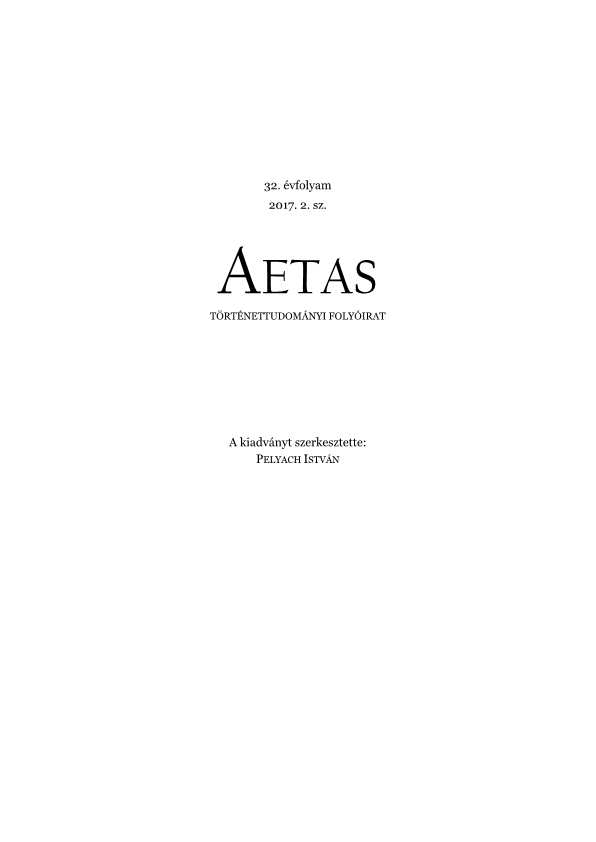Az eltűnt levél és az eltűnt menlevél – avagy, miért bujdosott Jókai 1849-ben
The Lost Letter and the Lost Travel Warrant, or Why Did Jókai Go into Hiding in 1849?
Author(s): Róbert HermannSubject(s): 19th Century
Published by: AETAS Könyv- és Lapkiadó Egyesület
Summary/Abstract: In a revolutionary Vienna in October 1848, several cartoons depicting in an unambiguous situation Archduchess Sophie, the wife of the heir apparent, Archduke Franz Karl, and Jelačić, the Ban of Croatia, were published. Even though the March revolution had eroded the prudish general taste of the Biedermeier period, the publication of these satirical drawings could still be considered unusual. What can explain the fact that the member of the ruling house so popular in the spring of 1848 became the target of such public hatred by October 1848 in the imperial city? How were these cartoons related to Jókai’s hiding in 1849? The paper examines these questions. In the spring of 1848, Archduchess Sophie, the wife of the heir apparent, Archduke Franz Karl, was very popular in Hungary as she was reported to have played a part in overthrowing State Chancellor Metternich. However, this popularity quickly turned into unpopularity after June 1848. The reason was that, even though he had been dismissed by the Hungarian government, the Ban of Croatia, Josip Jelačić got an ostentatiously warm welcome from the archduchess in Innsbruck. At the end of September 1848, news was spreading that among Jelačić’s intercepted letters there was one written to the archduchess. (At the current state of research this cannot be excluded.) All this led to the publication of the above-mentioned obscene cartoons. The story was even versified in a satirical epic poem by Mór Jókai. This may have been one of the reasons why, at the end of August 1849, he thought he had better go into hiding. He only returned to Budapest when the first waves of retaliation had abated. One of the most beautiful pieces of his self-created legends is related to his hiding. According to this, he could return to the capital city only because his wife, Róza Laborfalvy got him a travel warrant, a so called Geleitschein, issued to the members of the castle guard of Komárom. However, Jókai’s description is so confused that we can be certain that he never possessed, probably never even seen, such a travel warrant.
Journal: AETAS - Történettudományi folyóirat
- Issue Year: 2017
- Issue No: 2
- Page Range: 16-36
- Page Count: 21
- Language: Hungarian

